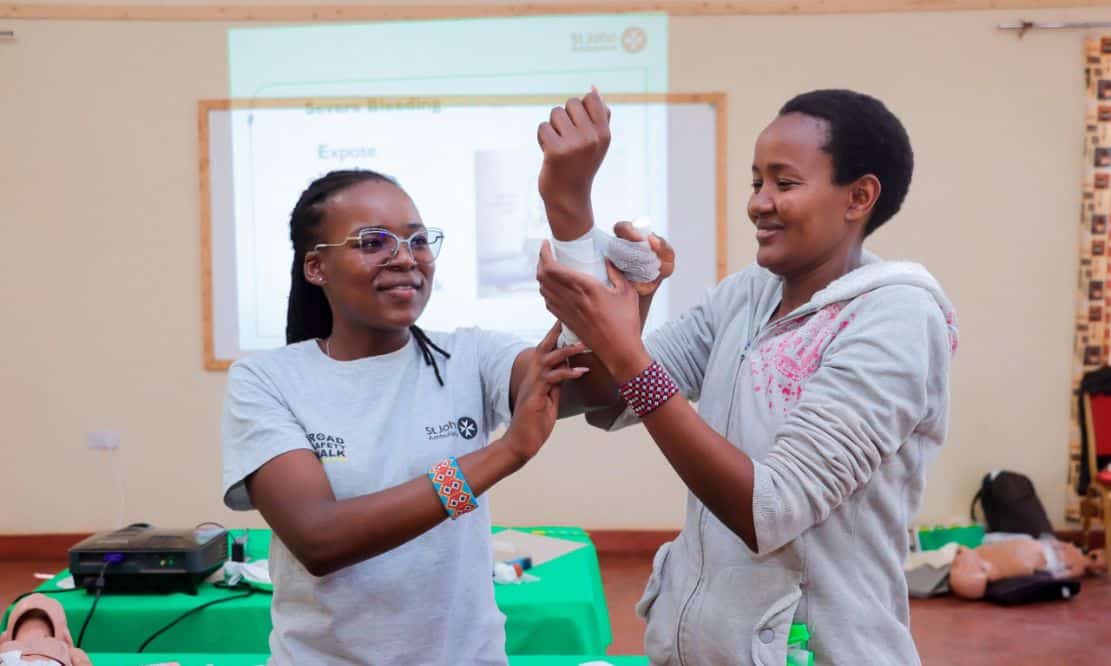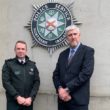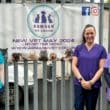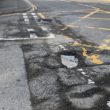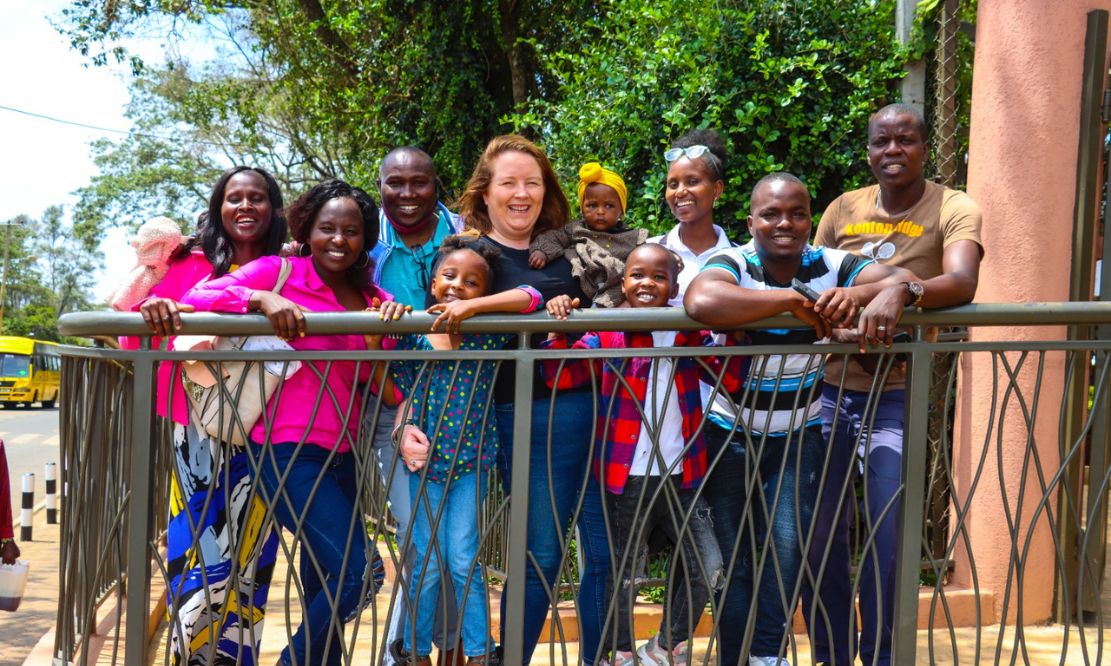
An Armagh native who moved ‘Down Under’ is helping to improve the fortunes for thousands of people in Kenya with health and education-focused interventions.
Victoria Porter was raised on the Portadown Road before moving to the sunnier shores of North Queensland in Australia at the age of 10.
She set up her charity, Jifunze International, after a six-week trip to Kenya in 2017, where she discovered a range of problems with the way that volunteer organisations were working, meaning that many issues there weren’t being addressed.
The mission of Jifunze International is to encourage, engage and equip vulnerable adults and children living in high-risk situations, paying particular attention to local customs, ensuring that solutions are tailored to what those being helped need and not what people think they need.
During a brief visit back to Armagh recently, Victoria took some time to tell us all about the work that’s taking place in Kenya and the tremendous difference that it’s making to so many lives.
Speaking on the origin of the charity, Victoria explained: “I realised that a number of the children had been sexually assaulted so I went and met an organisation called Ujima Africa.
“I went back to Australia and fundraised money to get them to go into schools and provide education on puberty, sexual health, sexual violence and how to get away in an unsafe situation.”
Victoria then decided in 2020 to form Jifunze International. Today, they fund a range of programmes relating to health and wellbeing, including; handing out sanitary pads, operating three community gardens, food programmes in slums and sponsoring an individual to go to medical school.
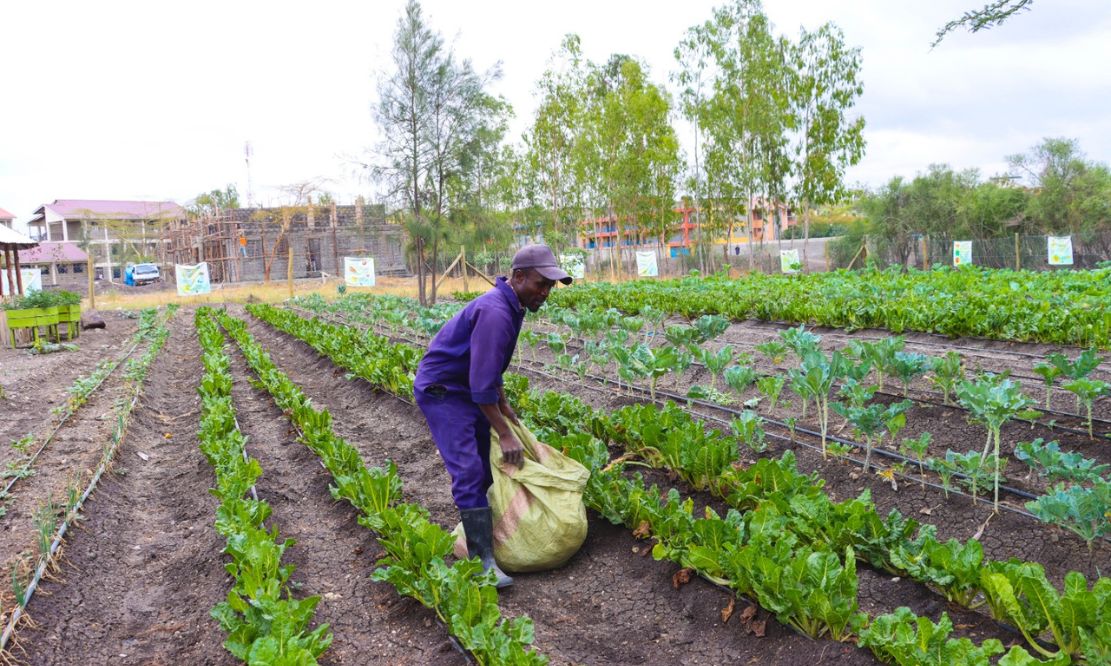
They have three community gardens based in schools. Sometimes the veg goes to assist the school food programmes. In other cases it is harvested for students or local patients
“Everything we do has a health component and an education component and all of our education is health-based,” she said.
“At the moment we’re working on a project with a health department implementing equipment for their new-born baby unit, so nurses will be trained on how to use that and it should prevent deaths and admissions into the unit.
“We also do work with St John Ambulance to educate people in the community about first aid, so we’re a much wider-scoped organisation now than when I first started a few years ago.”
The organisation is steadily progressing too, having been registered officially in Australia for three years and in Kenya for a year-and-a-half.
They operate in three Kenyan counties, Nairobi, Nakuru and Kajiado, with work spreading out across the counties.
Added Victoria: “We ran a food programme last year and we gave out about 850 food packs to drought affected farmers who had lost a lot of cattle and we went right up on the Tanzanian border.”
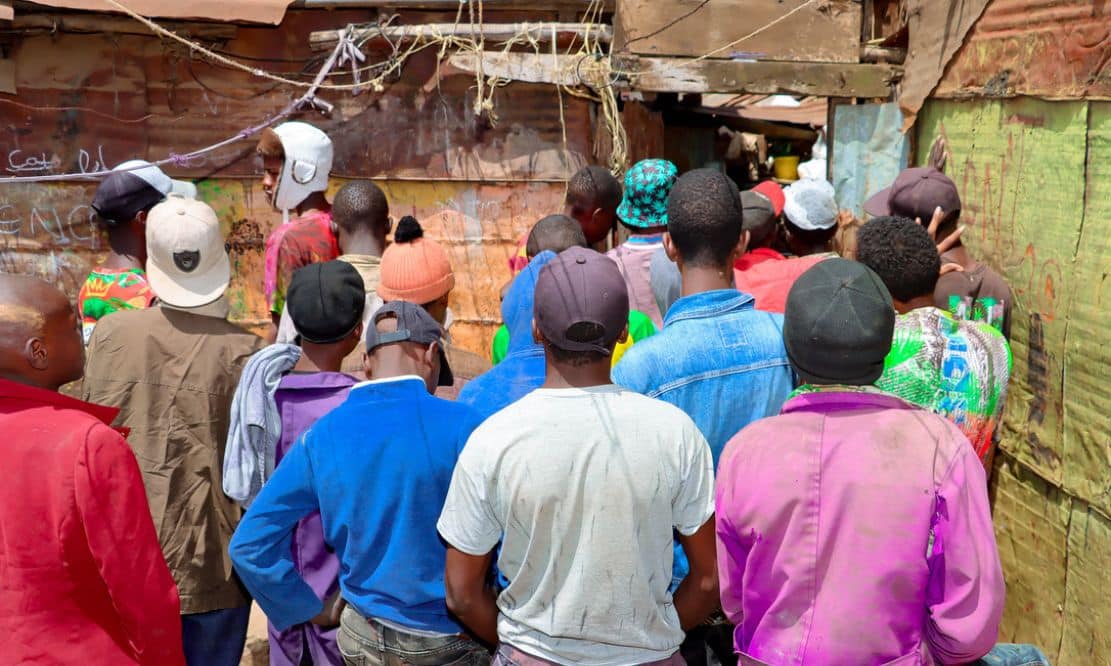
The food programme on Monday, Wednesday and Friday generally feeds between 70-120 people from the Kariobangi area
Despite being a relatively small organisation, Victoria’s charity has had a tremendous impact.
The organisation has trained around 180 people in first aid and educated over 4,500 students in gender-based violence. Their food programme also serves between 70 and 120 people each Monday, Wednesday and Friday.
Victoria explains that an important aspect of her work is about listening to the needs of those she is helping, rather than simply assuming what they need.
“Lots of organisations go in and say ‘through data we have found that you need this, this and this’, whereas I just finished my Masters in International Development through a university in Melbourne and one of the things I took away from that was going to the people and asking them what they wanted,” Victoria said.
“We as Westerners need to learn about the population before we go in and do that work. Keeping that open dialogue with the local people is very important.
“Originally I went in and started the GBV and the pad programmes, but now, with the gardens, they were all requested by the schools. The food packs were also requested from the local county government. We worked with the head of a hospital and he went with us to the medical equipment supplier and chose exactly what they wanted for the new-born baby unit.
“So we have taken a very different approach from the others.”
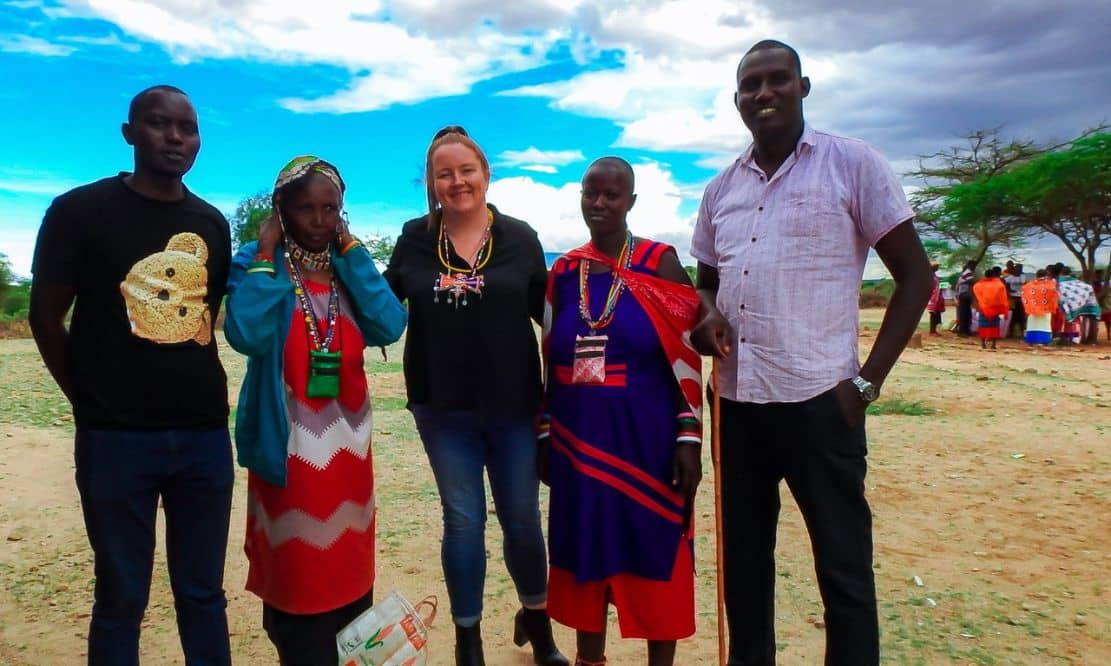
Victoria pictured with the Director of Public Health Samson Saigilu and local community members – They distributed 650 20kg food packs and 200 10kg food packs to farmers and their families affected by drought
She continued: “It was a group of community health volunteers who said they wanted first aid training and then when other people heard about it, the Minister for Health asked us to educate the ambulance drivers because they have no medical training whatsoever.
“So far we’ve educated every ambulance driver in one county so that they’re able to assist the nurses on board the ambulance.”
These practical victories have shone through in many ways, highlighting the real difference the organisation is making.
Said Victoria: “We’ve just educated some of the street children in first aid and so far we’ve seen them take other boys to the hospital. One needed stitches for his hand and they were able to do first aid on him before he went there…You can watch it with your eyes – their education transforming right there in front of you.”
For Victoria however, there’s still work to be done.
She added: “At the moment we’re working with the local government in Nairobi to find a space to build a community kitchen for street children. That will also double as a learning space and a safe cooking space. We’re also working on the new-born baby equipment and we have a project on dialysis that should be launched soon.
“We’ve been donated some dialysis machines and we just need funding to be able to bring them from Australia over to Kenya. We’re also hoping to widen the scope of our first aid training.
Speaking on support for the organisation, Victoria says while they are “on the small side”, it doesn’t take much to make a difference in Kenya.
She said: “We would have a sizeable following. We’re definitely on the small side but we’re growing, so I definitely have to be thankful to our donors for everything they’ve done.
“We run a fruits for kids programme on Saturday and we give out 2,000 pieces of fruit. We spend about £40 to £50 giving out 2,000 pieces of fruit to just over 1,000 kids.
“So when you look at it, a small amount of money here can make a huge difference over there!”
You can donate to the work of Jifunze International by visiting their website here.
